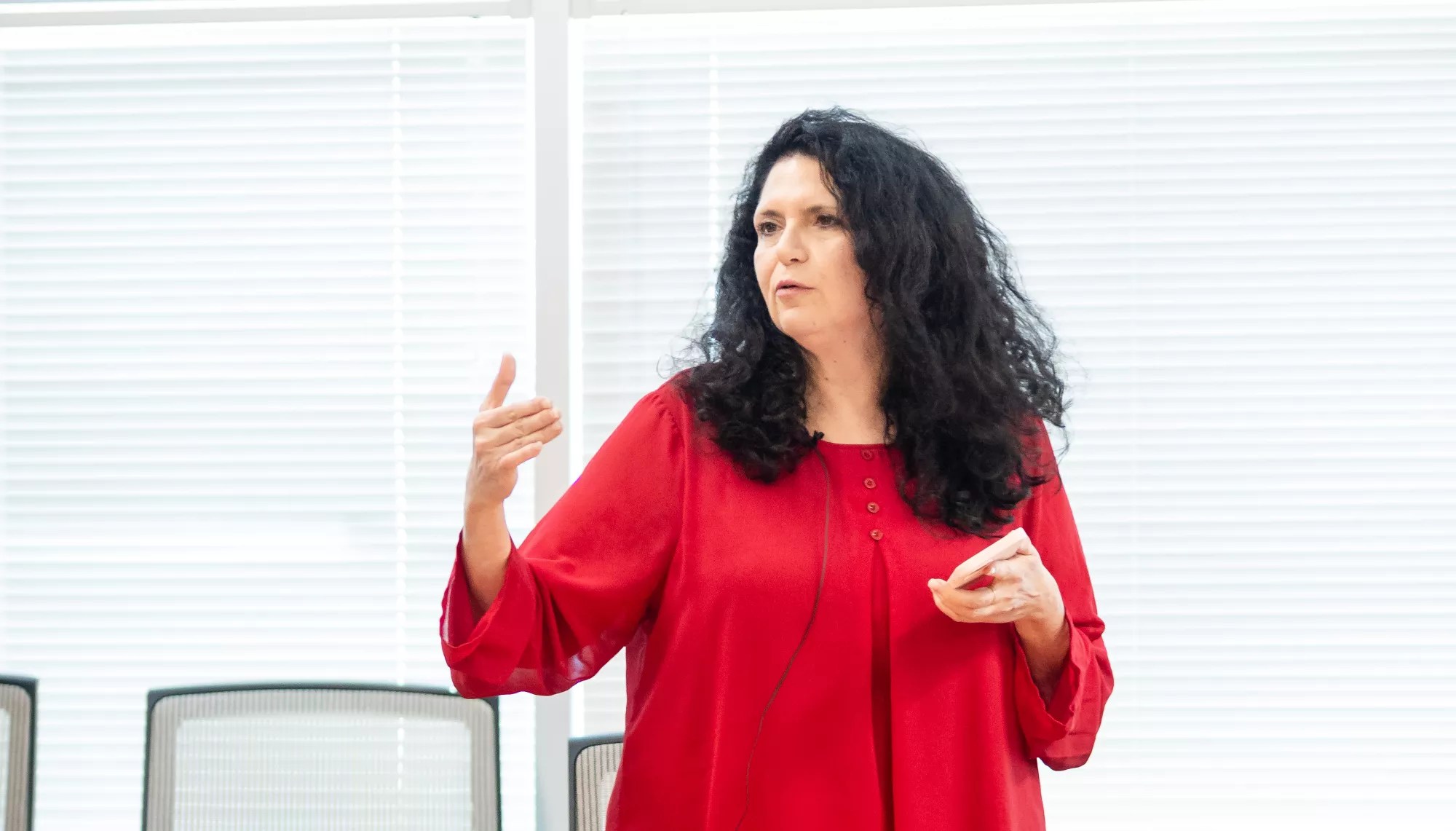
Courtesy of Andrew Neugebauer

Audio By Carbonatix
As much as $5 million in state funding to study the clinical effects of psychedelic drug ibogaine is now up for grabs in Arizona.
The application portal for grant proposals to study ibogaine — a psychoactive alkaloid derived from the root of a West African shrub — was opened on Friday by the Arizona Department of Health Services and will remain open until Nov. 19.
Earlier this year, after lobbying from former Sen. Kyrsten Sinema and other advocates, the Arizona Legislature appropriated $5 million in funding for one to three clinical trials. The number will depend on what the Arizona Biomedical Research Centre makes of the applications it receives. The center can also choose not to dole out any grants.
A release from the state health department stated that research proposals should “research questions in a manner that benefits Arizonans.” More specifically, proposed projects should evaluate “the safety and efficacy of ibogaine usage by humans” and “include randomized controlled clinical trials that study the treatment of neurological diseases.”
It’s also required that interested organizations “originate in Arizona,” have a neurosurgery program and “have a history of proven research and treatment of neurological diseases.”
One of the most well-known psychedelic research facilities in the United States — the Scottsdale Research Institute — will be among the applicants for the grant money. SRI’s president and executive director, Dr. Sue Sisley, told Phoenix New Times that the lab wants to “generate essential data on safety, dosing and effectiveness” to develop good uses and applications for ibogaine.
“Advancing innovative psychedelic research underscores Arizona’s national leadership in supporting new approaches to mental health, neuroscience and addiction medicine,” Sisley said, praising the legislature for allocating the money. “This public investment not only fuels scientific discovery but also provides hope for Arizona’s veterans, first responders and others living with severe trauma and substance dependence.”
Sisley’s lab is also currently organizing what is likely to become the nation’s first clinical trial of magic mushrooms and working to reintroduce peyote plants to the American Southwest.
In the United States, ibogaine is still a Schedule I substance — a classification from the Nixon-era War on Drugs that signifies a high potential for abuse and little accepted medical use. Other Schedule I substances include marijuana and many psychedelics, which have become far more mainstream in the past 10 years.
The once-obscure ibogaine — made hilariously famous in the early 1970s when Rolling Stone reporter Hunter S. Thompson made up a rumor that Democratic presidential candidate Ed Muskie was being treated with it to sedate himself — has recently gained more mainstream attention and support for its powerful effects.
Other states have allocated money to research the therapeutic effects of using ibogaine. For example, the right-leaning state of Texas reserved $50 million for such trials.
Sinema, a Democrat who became an Independent while in office, is among the politicos who have voiced support for funding ibogaine research. The oft-evasive Sinema has even admitted to dabbling with ibogaine in Mexico after seeing the effect the treatment had on one of her staffers, who had PTSD from his military service. Sinema said she was impressed with researchers’ findings about the substance and wanted to prevent her own mental aging.
“My number one fear is losing my brain power,” Sinema told CNN last month. “The research shows that one treatment of Ibogaine reverses brain aging by 1.5 years. Just one. So, your brain actually gets younger and heals.”
Indeed, ibogaine research has suggested that the drug is effective at healing traumatic brain injuries in special ops vets and helping people with dementia.